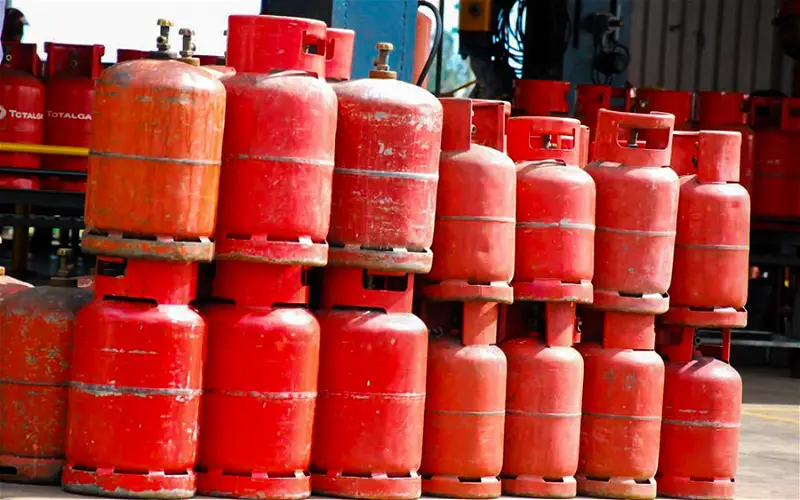Gas consumers in Nigeria are set for challenging times as marketers signal an impending price surge next week.
Olatunbosun Oladapo, the head of the Nigerian Association of Liquefied Petroleum Gas Marketers, alerted consumers to brace for price hikes. A combination of factors, including increased international prices, higher tax rates, vessel costs, foreign exchange scarcity, and naira devaluation, are cited as reasons for the upcoming price adjustment.
Beginning next week, he said, “Consumers should expect higher prices due to global price surges and increased vessel costs, compounded by substantial taxes. The reality is that consumers’ purchasing power has dwindled amidst this situation.”
This situation has pressed many Nigerians to revert to traditional cooking means, like firewood, charcoal, and sawdust. Oladapo called for government intervention, suggesting potential palliatives, tax reductions, and other relief measures.
The shortage of vessels globally would elevate local Liquified Natural Gas (LNG) prices in the coming months. The scarcity has triggered an increase in charter rates, especially with the anticipated peak demand during the 2023 winter.
Data suggests that as of August 1, 2023, charter rates have significantly risen, quadrupling in some instances. The high demand for LNG, especially in colder climates, has led to traders using ships as storage, anticipating that prices will further escalate as temperatures drop.
Nigerian LPG prices, which align with the Nigerian Liquefied Natural Gas Contract prices, are influenced by these international price fluctuations. The local currency’s devaluation also has a bearing on domestic LPG prices, with the dollar’s current exchange rate sitting at N749.62, as reported by the Central Bank of Nigeria.
Interestingly, local LPG consumers had a brief respite with decreased prices in recent months due to a dip in international rates. However, that trend appears short-lived with indications of an impending rise, partly due to the naira’s devaluation.
The National Bureau of Statistics highlighted a decrease in retail gas prices, with Kwara state recording the highest average price and Ondo the lowest. This scenario underscores the pressing need for effective interventions and long-term solutions to stabilize Nigeria’s LPG market.

Leave a Reply